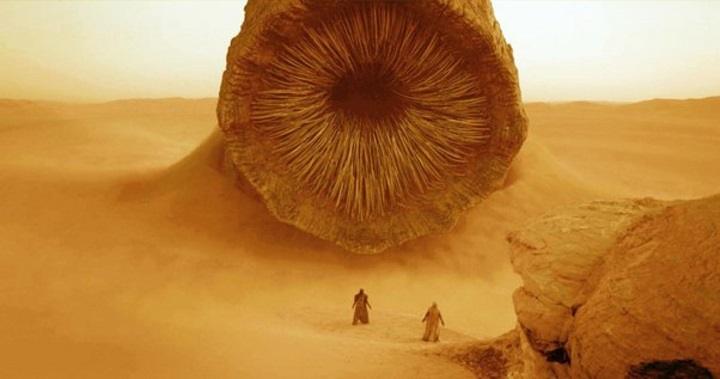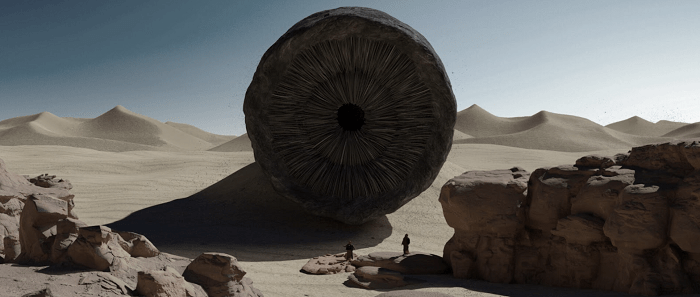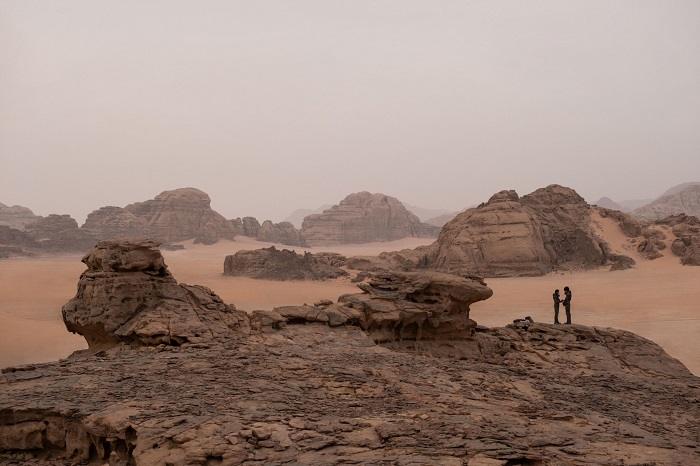The world of Dune, created by Frank Herbert, is a vast and intricate universe filled with political intrigue, religious overtones, and environmental themes. At the center of this universe lies a substance so valuable that it dictates the course of civilizations and the fate of entire planets: melange, commonly known as “spice.” This article delves into the significance of this extraordinary substance, its impact on the Dune universe, and why it is considered the most valuable resource in Herbert’s creation.
What is Melange (Spice)?
Melange, often referred to simply as “spice,” is a naturally occurring substance found only on the desert planet of Arrakis, also known as Dune. It is a complex and multifaceted substance with several unique properties:
- Longevity and Health: Consumption of spice extends the human lifespan, enhances overall health, and slows the aging process.
- Enhanced Abilities: Spice grants heightened awareness, prescience, and psychic abilities, particularly to those trained in its use, such as the Bene Gesserit and the Spacing Guild.
- Addictive Nature: Spice is highly addictive. Once someone begins to consume it regularly, their body becomes dependent on it, leading to severe withdrawal symptoms if deprived.
The Role of Spice in the Economy of Dune
In the universe of Dune, spice is the cornerstone of the economy. Its rarity and the essential role it plays in various aspects of life and governance make it incredibly valuable.
Spice as Currency
- Universal Value: Spice is used as a form of currency across the known universe. Its value is universally recognized, making it a standard for trade and wealth accumulation.
- Control and Power: Those who control the spice production on Arrakis hold immense power. The imperial family, the Great Houses, and the Spacing Guild all vie for control over this precious resource.
Influence on Trade and Travel
- Spacing Guild’s Dependency: The Spacing Guild, responsible for interstellar travel, relies on spice to navigate the vast distances between planets. Their navigators use spice-induced prescience to safely guide their ships through space, making spice essential for commerce and communication.
- Economic Disparity: The monopolization of spice creates economic disparities between those who have access to it and those who do not, leading to tension and conflict throughout the universe.
The Political and Religious Significance of Spice
Spice is more than just an economic commodity; it is deeply intertwined with the political and religious structures of the Dune universe.
The Imperium and Great Houses
- Power Struggles: The control of Arrakis and its spice production is the focal point of political power struggles. The Emperor and the Great Houses, such as House Atreides and House Harkonnen, engage in constant conflict to secure their dominance over spice production.
- Strategic Marriages and Alliances: Marriages and alliances are often arranged based on the control of spice resources, with entire lineages shaped by their access to Arrakis and its wealth.
The Fremen and the Religion of Dune
- Spice and Prophecy: Among the native Fremen of Arrakis, spice is a sacred substance. It is central to their religious practices and prophecies. The Fremen believe that a messiah, the “Kwisatz Haderach,” will come to lead them to freedom, and this prophecy is closely tied to the consumption and control of spice.
- Rituals and Ceremonies: Spice is used in various Fremen rituals and ceremonies, symbolizing their deep connection to the desert and their reverence for the substance that defines their existence.
The Environmental Impact of Spice Production
The extraction and production of spice on Arrakis have profound environmental consequences, reflecting Frank Herbert’s interest in ecological themes.
The Harsh Environment of Arrakis
- Desert Ecology: Arrakis is a desert planet with extreme environmental conditions. The spice is produced by giant sandworms, known as Shai-Hulud, which play a crucial role in the planet’s ecosystem.
- Sandworms and Spice: The sandworms are both revered and feared by the inhabitants of Arrakis. The spice is a byproduct of their life cycle, and any disruption to their habitat can have catastrophic effects on spice production.
Environmental Exploitation
- Colonial Exploitation: The control of spice production by off-world powers mirrors the colonial exploitation of natural resources on Earth. The native Fremen are often marginalized and oppressed by those who seek to extract spice for profit.
- Sustainability Concerns: The relentless pursuit of spice leads to environmental degradation, raising questions about the sustainability of such exploitation and its long-term effects on Arrakis.
The Future of Spice and Its Legacy
The story of Dune is not just about the struggle for power but also about the consequences of humanity’s dependence on a single, finite resource.
The Potential for Change
- Paul Atreides and the Fremen: Paul Atreides, also known as Muad’Dib, emerges as a pivotal figure in the struggle for control of spice. His alliance with the Fremen and his understanding of the deeper significance of spice lead to profound changes in the universe.
- Revolution and Reform: Paul’s rise to power brings about a revolution that challenges the existing order. His control over spice production allows him to reshape the political and economic landscape of the universe, with the potential for both positive and negative outcomes.
The Enduring Legacy of Spice
- Cultural Impact: The legacy of spice continues to shape the cultures, religions, and societies of the Dune universe long after the events of the original novel. Its influence is seen in the continued reverence for spice and its central role in the lives of countless beings.
- Lessons for Our World: The story of spice in Dune serves as a cautionary tale about the dangers of dependency on a single resource, the environmental consequences of exploitation, and the power struggles that arise from the control of valuable commodities.
Related Post:
Jack Depp Now: A Comprehensive Look at His Life, Career, and Influence
Jennifer Belle Saget: A Comprehensive Look at Her Life, Career, and Influence
In the world of Dune, spice is more than just a substance; it is the lifeblood of the universe. Its value extends beyond its economic worth, influencing politics, religion, and the environment. The struggle for control of spice reflects deeper themes of power, exploitation, and the consequences of humanity’s actions. As we explore the intricacies of Dune, the lessons learned from the story of spice continue to resonate, reminding us of the complex relationship between resources and the societies that depend on them.




